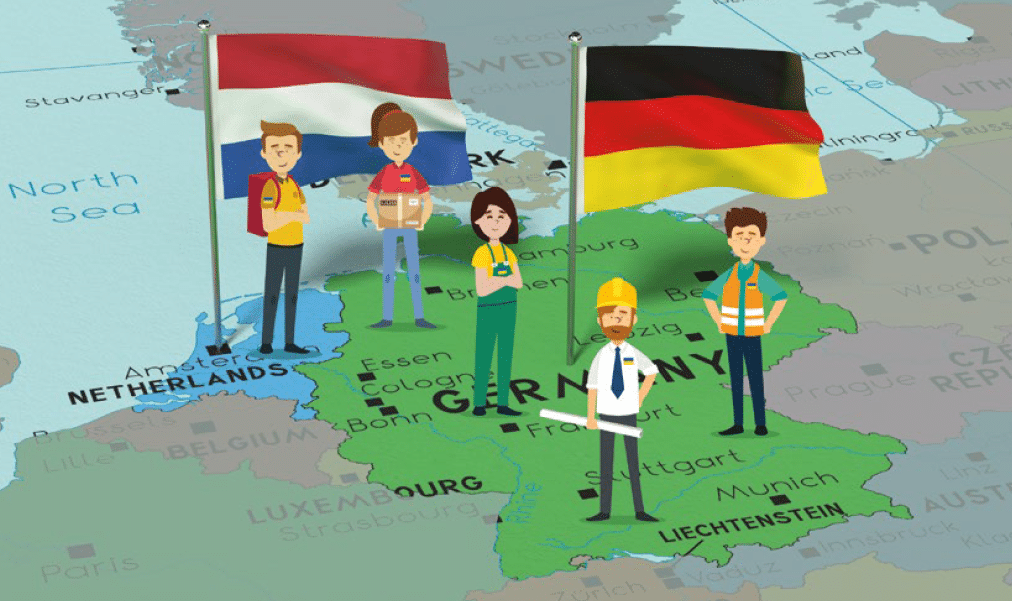Although Germany passed a law in June aimed to facilitate labour migration and thus fill some of the country’s nearly 800,000 job vacancies, little did it improve Ukrainians’ chances at filling those gaps, despite their declared will to cross Poland’s western border.
And the percentage of Ukrainians living and working in Poland willing to work in another European state amounts to 45, according to a report by EWL employment agency and the Centre for East European Studies’ (SEW UW) on the dynamics of the Ukrainian labour force in Poland. Out of that 45 percent, 34 specify that their destination of choice would be Germany.
Ukrainians, however, will remain in Poland, despite the new German law that “does not envisage any radical overhaul of the immigration law other than a number of minor changes,” according to Germany’s Institute for Employment Research (IAB).
The basic change is that from now on people without an academic degree will also be able to undertake work in Germany. However, German employers will still require certification of potential employees’ skills and professional education. The latter might prove an insurmountable hurdle for Ukrainian workers currently residing and working in Poland.
“Resumes and other formalities are treated in Ukraine differently than in Poland and other EU states,” a labour market expert told Poland’s “Dziennik Gazeta Prawna” daily, adding that “Ukrainians in Poland work predominantly in industrial production, construction and logistics sectors, which are jobs they used to perform in their homeland.”
The German law, however, necessitates manual workers’ progression through German formal education’s “checkpoints”, namely two or three years of professional training – the so-called “Ausbildung” – undertaken simultaneously to regular school education.
The only exception from this rule is the German IT sector, which can employ foreigners without formal education in the field under the condition that they have been working in IT for three years and can provide proof of income over EUR 4,000 a month.
Theoretically, the German law makes it possible for foreign workers to stay and work in Germany for six months yet under certain conditions. A foreign worker must provide a B1 fluency level in the German language certificate, proof of having pertinent professional qualifications and of possessing financial resources sufficient for the time of his or her stay in Germany.
The language barrier is one of the toughest, with only 1.6 percent of Ukrainians in Poland having a very good command of German, the EWL reported, adding that as many as 70 percent of surveyed individuals do not know the language at all.







